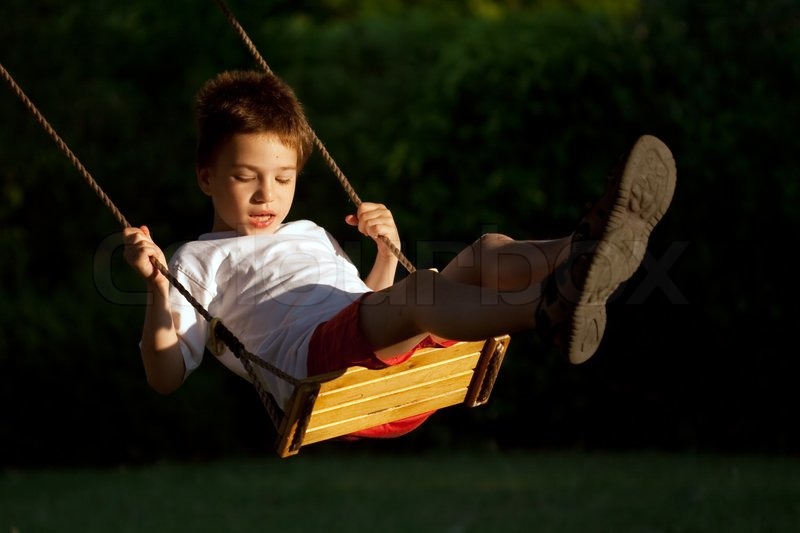Kevin Currie-Knight pointed me to this Atlantic article by Susan Engel, in which Engel notes:
“Many teachers are pressured to treat pleasure and joy as the enemies of competence and responsibility.”
That perverse duality pervades so much of education historically and today. I’m reminded of John Locke’s hopeful musing in the 1690s on how best to educate a child:
“Great care is to be taken, that [education] be never made as a business to him, nor he look on it as a task. We naturally, as I said, even from our cradles, love liberty, and have therefore an aversion to many things, for no other reason, but because they are injoined us. I have always had a fancy, that learning might be made a play and recreation to children; and that they might be brought to desire to be taught, if it were proposed to them as a thing of honour, credit, delight, and recreation … .”
Note how Locke connects liberty with play and delight.
I’m also reminded, by contrast, of Immanuel Kant’s grudging admission, a century after Locke, that kids should occasionally be allowed fun:
“Children should sometimes be released from the narrow constraint of school, otherwise their natural joyousness will soon be quenched.”
Isn’t that an odd-but-accurate portrayal — school as a place that quenches any joy one might have.
For the context for these quotations see my online Philosophy of Education course: 50 hours of video with accompanying readings.
